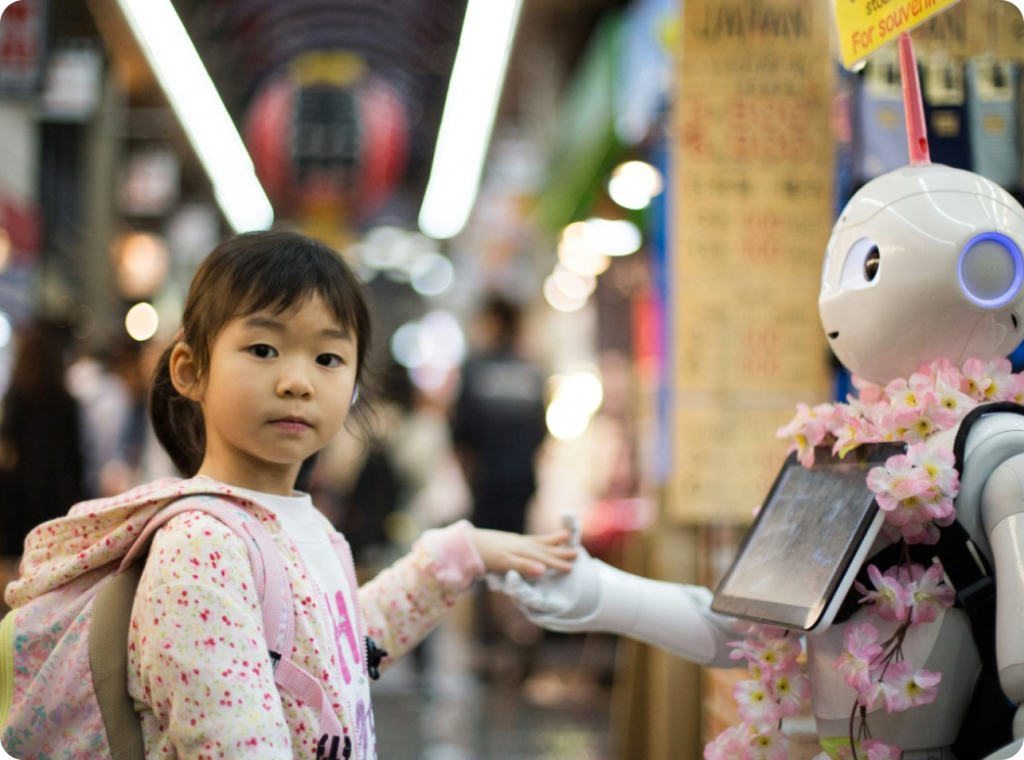Is there still value in learning facts to regurgitate in exams? What should education really be about in a future where AI is evolving rapidly and becoming increasingly prevalent.
Is There Value in Learning Facts to Regurgitate in Exams?
At first glance, the traditional approach of memorising facts for exams4dates of historical events, chemical formulas, or literary quotes4seems increasingly outdated in an AI-driven world. AI tools like me can retrieve and process vast amounts of information instantly. Need the date of the Battle of Hastings? It’s 1066, and I didn’t need to study for that. So why should students spend hours memorising facts when they can access them in seconds?
That said, there’s some value in this practice, though it’s limited and depends on context. Memorising facts can build a foundational knowledge base, which is useful for quick recall in situations where technology isn’t accessible4like a doctor needing to recall symptoms in an emergency. It also trains cognitive skills like memory retention and discipline, which can be broadly beneficial. For example, knowing basic arithmetic without a calculator or understanding key historical events can provide context for deeper analysis. A 2018 study from the University of California found that students who memorised core facts in subjects like maths and science performed better in problem-solving tasks because they could focus on reasoning rather than looking up basics.
The Limitations of Fact-Based Learning
However, the value diminishes when memorisation becomes the end goal rather than a stepping stone. The UK’s exam system, with its heavy reliance on GCSE and A-Level regurgitation, often prioritises “what” over “why” or “how.” This creates a generation of students who are great at passing tests but not necessarily at applying knowledge. In a 2023 OECD report on education, the UK scored high on academic performance but lagged in “adaptive problem-solving,” a skill critical for a future where routine tasks are automated. If students are just cramming to forget after the exam, the exercise becomes hollow4especially when AI can outpace any human in a fact-recall contest.
Moreover, the opportunity cost is significant. Time spent memorising could be spent on skills AI can’t easily replicate: creativity, emotional intelligence, ethical reasoning. For instance, while AI can summarise Shakespeare, it struggles to interpret the moral dilemmas in Macbeth with human nuance. The real question is whether the current balance4where memorisation often dominates4makes sense in 2025, with AI advancing so quickly.
Traditional Education Focus
- Fact memorisation
- Standardised testing
- Subject-specific knowledge
- Individual assessment
Future Skills Needed
- Critical thinking
- Problem-solving
- Creativity
- Emotional intelligence
What Should Education Really Be for in an AI-Driven Future?
Education in a future where AI is prevalent needs to shift from producing factrecall machines to fostering uniquely human capabilities that complement technology. AI is already automating routine cognitive tasks4think data entry, basic research, or even writing formulaic essays. A 2024 McKinsey report estimated that by 2030, 30% of tasks in most jobs could be automated, particularly those involving predictable, rule-based work. Education, then, should prepare students not to compete with AI but to collaborate with it, innovate alongside it, and address problems it can’t solve.
Here’s what that looks like in practice:
Key Skills for an AI-Driven Future
Critical Thinking and Problem-Solving
Education should prioritise teaching students how to think, not what to think. This means focusing on analysis, synthesis, and evaluation4skills AI can't fully replicate. For example, instead of memorising historical dates, students could analyse why events happened and how they shape today's world. A 2023 study from the World Economic Forum highlighted that critical thinking and complex problem-solving are among the top skills employers will need by 2030, yet many education systems, including the UK's, underemphasise them in favour of exam prep.
Creativity and Innovation
AI can generate art, music, or writing, but it often lacks the originality and emotional depth humans bring. Education should nurture creativity4encouraging students to design, invent, and imagine. Project-based learning, where students tackle real-world problems (e.g., designing a sustainable city), can foster this. Countries like Finland have already shifted toward interdisciplinary, hands-on learning, and their students consistently outperform others in global innovation metrics.
Digital and AI Literacy
Students need to understand how AI works, its limitations, and its ethical implications. This doesn't mean everyone needs to be a coder4though basic coding helps4but they should know how to use AI tools effectively and critically. For instance, they should be able to spot AI-generated misinformation or understand bias in algorithms. The UK's 2024 National Curriculum review has started exploring this, but it's still not standard across schools.
Human-Centric Skills for the Future
Collaboration and Emotional Intelligence
AI can't replicate human empathy or the nuance of teamwork. Education should teach students to communicate, collaborate, and navigate interpersonal dynamics4skills vital for leadership and innovation. Group projects, peer reviews, and even social-emotional learning programs can build these competencies. A 2022 study from the University of Oxford found that emotional intelligence was a stronger predictor of career success than academic performance in tech-heavy fields.
Ethical Reasoning and Adaptability
As AI reshapes society4think job displacement, privacy concerns, or autonomous decision-making4 students need to grapple with ethical questions. Should AI make life-or-death decisions in healthcare? How do we balance automation with human dignity? Education should teach students to reason through these dilemmas and adapt to a world where change is constant. This means less focus on static knowledge and more on learning how to learn.
Lifelong Learning Mindset
With AI evolving so quickly, today's skills might be obsolete in a decade. Education should instil a love of learning and the ability to upskill continuously. This could mean teaching students how to find reliable information, evaluate sources, and embrace failure as part of growth. The old model of "learn now, work later" doesn't fit a future where learning never stops.
Balancing the Old and the New
This isn’t to say facts have no place. A baseline of knowledge4say, understanding the scientific method or key historical turning points4gives students a scaffold to build on. But the goal should be application, not regurgitation. For example, instead of memorising the periodic table, students could use it to design experiments, leveraging AI to handle the data crunching while they focus on hypothesis and creativity.
The UK system’s obsession with high-stakes exams often stifles this shift. Teachers, under pressure to hit targets, drill facts rather than foster skills. A 2023 survey by the National Education Union found that 70% of UK teachers felt the curriculum left little room for creative teaching due to exam demands. Meanwhile, countries like Singapore are blending rigour with innovation4teaching core facts but also embedding AI literacy and problem-based learning from primary school onward.
What Education Should Really Be For
Ultimately, education in an AI-driven future should be about empowering humans to do what AI can’t: imagine, empathise, and innovate. It should prepare students to shape a world where technology amplifies human potential, not replaces it. This means moving away from a system that treats students like data banks and toward one that treats them like creators, thinkers, and collaborators.
The value of memorising facts isn’t zero, but it’s shrinking fast. Education needs to catch up4less about passing tests, more about passing the test of a rapidly changing world.
What do you think4how should we balance the old ways with the new?
Human-Centric Education
Focus on developing uniquely human capabilities that complement rather than compete with AI technology.
Balanced Approach
Maintain a foundation of core knowledge while emphasising application, creativity, and critical thinking.
Continuous Adaptation
Prepare students for a world of constant change by teaching them how to learn, adapt, and grow throughout life.












